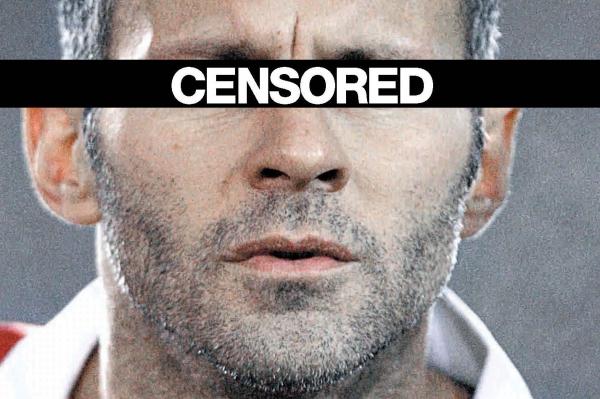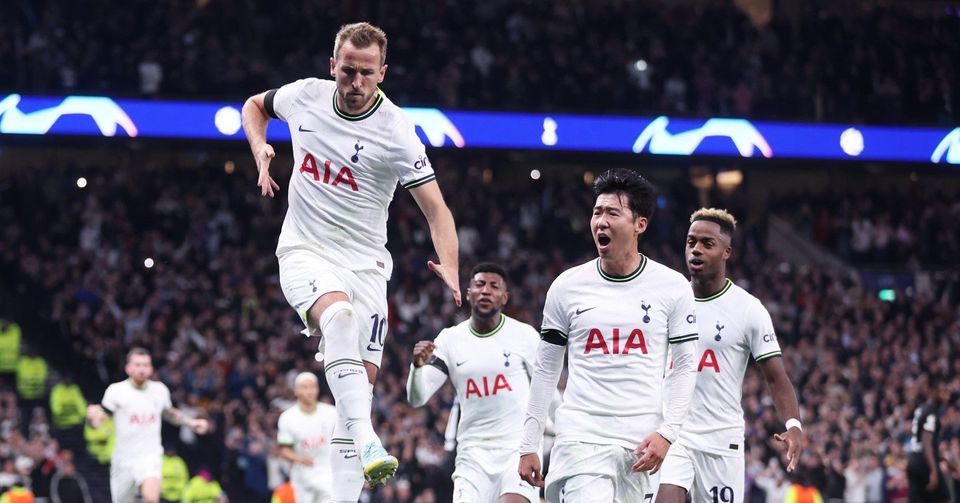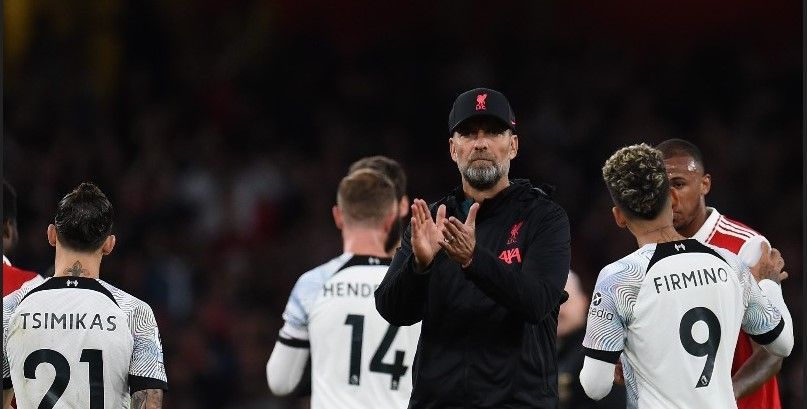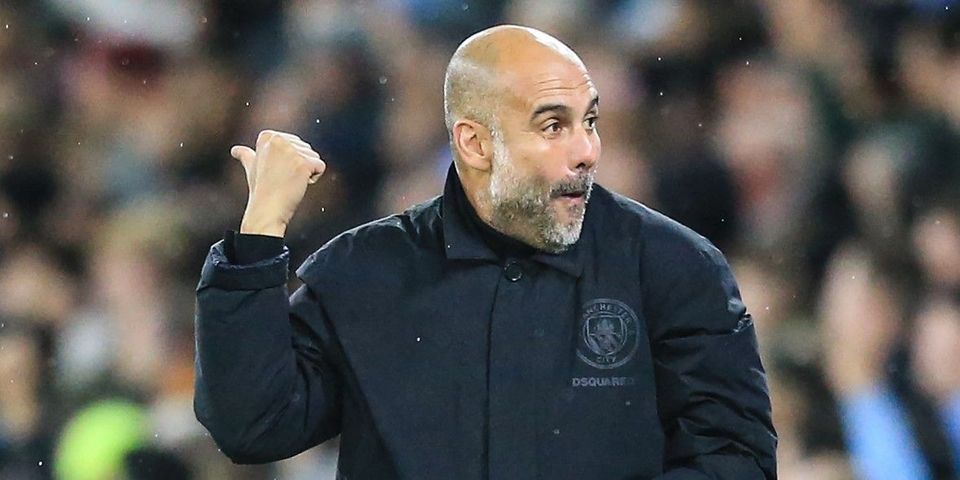Analysing,'Ryan Giggs: Nice guy finishes first.'
Ryan Giggs has been in the news again for unwanted reasons, appearing this week for a plea hearing at Manchester Magistrates' Court, on charges of actual bodily harm, common assault, and coercive or controlling behaviour against two women.

Ryan Giggs has been in the news again for unwanted reasons, appearing this week for a plea hearing at Manchester Magistrates' Court, on charges of actual bodily harm, common assault, and coercive or controlling behaviour against two women. It's difficult to think back to the time before Giggs' dirty laundry was displayed for the world to see. I believe we are all familiar with footballers and their infidelities. Still, Giggs' affair, which would have been the standard run of the mill fodder for Mail, Sun etc., was escalated by his super injunction and fan fair that eventually reached all the way to the house of commons. Unbeknownst to all of us, the Imogen Thomas story was just a smokescreen for the bombshell that he had been enjoying an 8-year affair with his brother's wife. Most footballer 'love rat' tales fall well short of this bar.
I was delighted to find Simon Hattenstones' 2010 Guardian interview Ryan Giggs: Nice guy finishes first. Conducted in October of that year when Giggs was just the most decorated disciple of Alex Ferguson's Manchester juggernaut. It contains some entertaining nuggets to unpack.
Ryan Giggs: Nice guy finishes first https://t.co/ZJAipU3ZW2 @shattenstone in the worst take on a bloke in history.
— Neil (@mancityneil) April 23, 2021
Our set up introduces the first character – and what a character – Giggs' 84-year-old agent, Harry Swale. Swale really did have a handlebar moustache, an old school football man who had taken care of Giggs for most of his professional career. Simon helpfully draws attention to Giggs' complex identity. The often forgotten, or completely unknown, fact of his mixed race-ethnicity and his Welsh/English nationality. Despite downplaying his father's domestic abuse as 'aggressive bullying', Hattenstone still manages to paint a sympathetic picture, one affected by racism and fraught home life, saved by football and Ferguson. For the record, Giggs' brother, Rhodri, describes their father's physical abuse in greater detail in an interview with James English on his podcast Anything Goes With James English. They do, however, return to a familiar refrain that seems laughable today – character!
When asked how they [Class of 92] managed to stay so ordinary in the era of the egomaniacal footballers? Giggs replied,
"It's just your character".
When asked,
"Why have so many players lost touch with reality?", "Too much money at a young age,"
The answer?
"It just takes your eye off the ball…."
Very different to his brother Rhodri's assessment, claiming, on the same podcast.
"People like that [Giggs] always need to have people around them, pampering them."
The early revelations about Giggs' indiscretion were not revealed until 2011, but it would be ludicrous to assume no one was aware. Swales, for some reason present for an interview with his 36-year-old client, would later remark, "They get to be 16 or 17, they score two or three goals, the newspapers blow them up to be something superhuman," he says. "And then they say, 'It's the pressure.' Bollocks! What pressure?'
Quick aside, by commenting on Giggs' reaction to Swales raging, Hattenstome does an excellent job framing their relationship. Not dissimilar to Giggs' description of his 'fear' – a biblical definition – of Alex Ferguson. For me, Swales most telling contribution is his statement, muttered to himself, "Some of these birds…". Hattenstone doesn't give us much context for this exclamation, the previous paragraph quoting Giggs' summation of diminished incentives for the younger generation. While the subsequent few paragraphs are spent on Ferguson's all-seeing eye and sage guidance. Rhodri led us to believe this protection was a lot more intentional. Responding to comments on Ferguson's defence of his players from tabloid revelations. Rhodri remarked.
"Well, he was protected, he was protected; you know Ferguson was like a father figure to him; he was his substitute father."
He went on to say.
"He protected him a lot because a lot of the press was scared of Ferguson; they were."
After some more examples of Giggs doing his best' old man shouting at clouds' impression, the remainder of the interview includes some wonderful irony, not lost on Giggs, to be fair. Reflecting on the modern footballer who frivolously throw their money away on luxury cars, Giggs was forced to admit he does the same. When questioned by Hattenstone on his spending habits, his response was; basically, I'm Ryan Giggs. Can't really argue with that. We get more protestations of Giggs' every man quality, Swales' rouge non-answer to a question on the Glazers and one final gem from Giggs himself. On the greatest change in his footballing life, he says.
"Everything is up for grabs today, nothing is sacred. There are countless stings, girls selling stories, and even some of the players themselves seem to measure their renown as much by front-page exploits as back-page achievements."
Obviously, it's easy to poke holes and make fun with hindsight. Simon addressed the misjudged assessment in a rewrite a year later. As previously stated, I don't think it's really a fans business to judge the personal lives of their favourite players – more biblical references for you, logs in eyes this time. Any off the field action by Giggs before November 2020, whether you think it acceptable or abhorrent, had no real bearing on his professional life. Unfortunately for him, this most recent incident has finally connected his two worlds. Wales announced following his charging, they will be participating in Euro 2020 without him as their manager. If found guilty, he'll likely face jail time, and the end of his association with the sport he excelled in will be the least of his worries.



